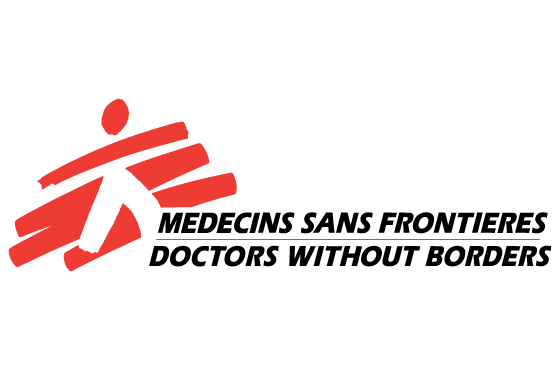UPDATE (October 3; 6:45AM EST):
AFGHANISTAN: MSF INFORMED ALL FIGHTING PARTIES OF GPS COORDINATES
OCTOBER 3, 2015 — Doctors Without Borders/Médecins Sans Frontières (MSF) condemns in the strongest possible terms the horrific bombing of its hospital in Kunduz, which was full of staff and patients. MSF wishes to clarify that all parties to the conflict, including in Kabul and Washington, were clearly informed of the precise location (GPS Coordinates) of the MSF facilities in Kunduz, including the hospital, guesthouse, office and an outreach stabilization unit in Chardara northwest of Kunduz.
As it does in all conflict contexts, MSF communicated the precise locations of its facilities to all parties on multiple occasions over the past months, including most recently on September 29.
The bombing in Kunduz continued for more than 30 minutes after American and Afghan military officials in Kabul and Washington were first informed by MSF that its hospital was struck. MSF urgently seeks clarity on exactly what took place and how this terrible event could have happened.
UPDATE ON HOSPITAL BOMBING CASUALTIES:
It is with deep sadness that we confirm so far the death of nine MSF staff members during the bombing last night of MSF’s hospital in Kunduz. Latest casualty figures report 37 people seriously wounded, of whom 19 are MSF staff. Some of the most critically injured are being transferred for stabilization to a hospital in Puli Khumri, two hours’ drive away. There are many patients and staff who remain unaccounted for. The numbers may grow as a clearer picture develops of the aftermath of this horrific bombing.
MSF's initial statement is below:
Kabul, October 3, 2015: At 2:10 AM local time on Saturday October 3, the Doctors Without Borders/Médecins Sans Frontières’ (MSF) Trauma center in Kunduz was hit several times during sustained bombing and was very badly damaged.
Three MSF staff are confirmed dead and more than 30 are unaccounted for. The medical team is working around the clock to do everything possible for the safety of patients and hospital staff.
“We are deeply shocked by the attack, the killing of our staff and patients and the heavy toll it has inflicted on healthcare in Kunduz,” says Bart Janssens, MSF Director of Operations. “We do not yet have the final casualty figures, but our medical team are providing first aid and treating the injured patients and MSF personnel and accounting for the deceased. We urge all parties to respect the safety of health facilities and staff.”
Since fighting broke out on Monday, MSF has treated 394 wounded. When the aerial attack occurred this morning we had 105 patients and their caretakers in the hospital and over 80 MSF international and national staff present.
Read: "Our Hospital Was The Frontline"
MSF’s hospital is the only facility of its kind in the whole northeastern region of Afghanistan, providing free life- and limb-saving trauma care. MSF doctors treat all people according to their medical needs and do not make distinctions based on a patient’s ethnicity, religious beliefs or political affiliation.
MSF started working in Afghanistan in 1980. In Kunduz, just like in the rest of Afghanistan, both national and international staff work together to ensure the best quality of treatment. MSF supports the Ministry of Public Health in Ahmad Shah Baba hospital in eastern Kabul, Dasht-e-Barchi maternity in western Kabul and Boost hospital in Lashkar Gah, Helmand province. In Khost, in the east of the country, MSF operates a maternity hospital. MSF relies only on private funding for its work in Afghanistan and does not accept money from any government.




